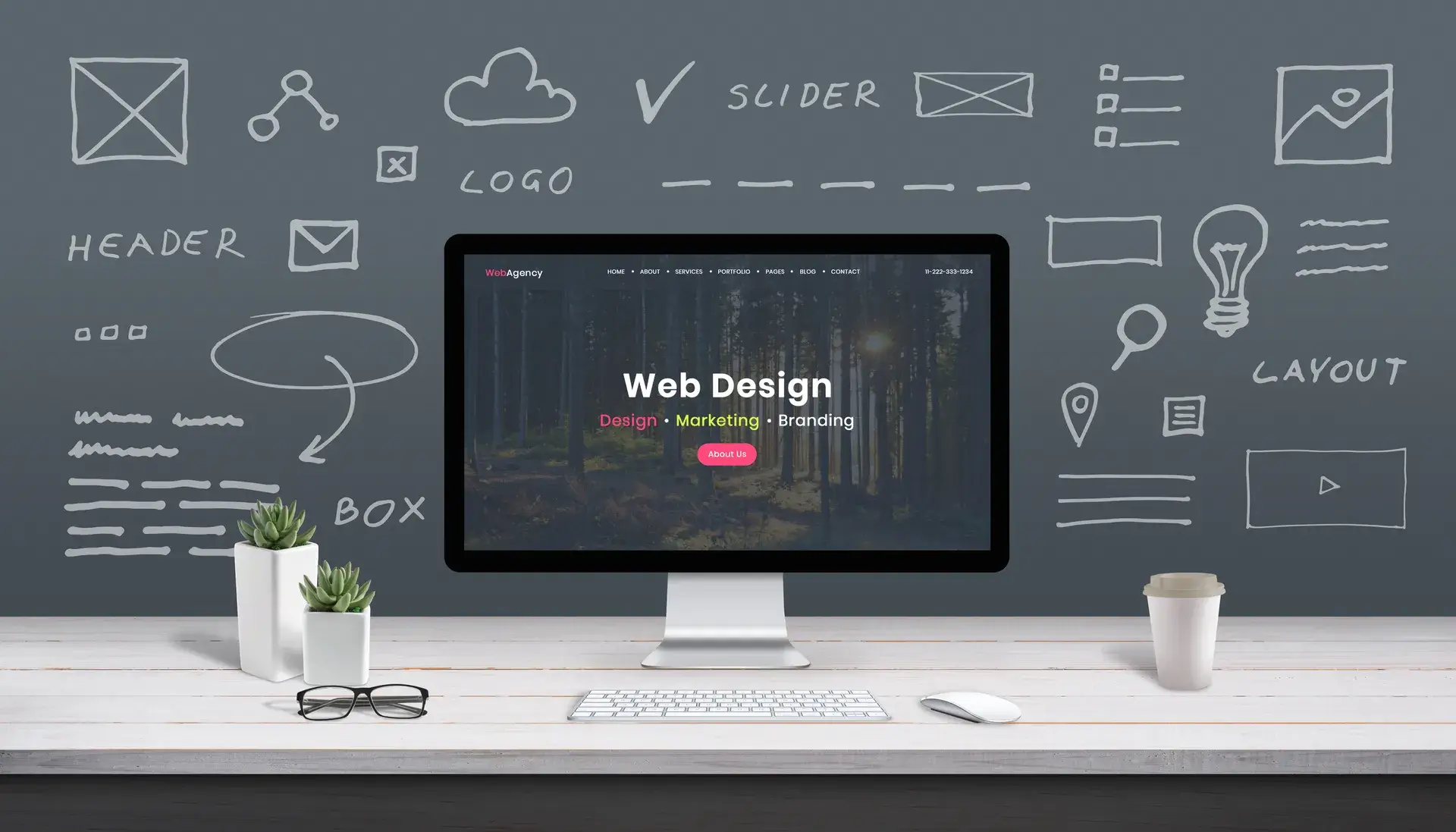In today's digital age, a responsive web design is crucial for educational institutions looking to provide a seamless online experience. Whether you're a school, university, or e-learning platform, having a website that adapts to various devices ensures that students can access resources anytime, anywhere. This post explores the importance of responsive web design specifically for educational settings in Cape Town.
Why Responsive Web Design Matters
Responsive web design allows your website to automatically adjust its layout, images, and functionalities based on the screen size of the device being used. Since more learners access educational content through smartphones and tablets, a mobile-friendly design has become essential. The benefits include:
- Improved User Experience: Students can navigate your site easily, whether they are on a computer in a classroom or a mobile device at home.
- Higher Engagement: Engaging multimedia content delivered in an optimized format holds students' attention longer.
- SEO Benefits: Google favors mobile-friendly websites, which can lead to higher visibility in search results.
Key Features of Responsive Web Design for Education
When designing a website for educational purposes, consider the following key elements:
- Accessible Navigation: Simple and intuitive menus that can be easily accessed on any device.
- Dynamic Content: Enable interactive elements, such as quizzes and video lectures, that adapt to different screen sizes.
- Fast Loading Speeds: Optimize images and scripts to ensure that the site loads quickly on all devices, imperative for keeping students engaged.
Examples of Responsive Web Design in Educational Institutions
Many institutions in Cape Town have successfully implemented responsive designs that cater to the needs of their students:
- Universities: Offering online course registrations, virtual tours, and access to academic resources.
- Schools: Sharing newsletters, event updates, and student portals that are mobile-friendly.
- E-learning Platforms: Creating adaptive learning experiences that encourage interactivity across devices.
Getting Started with Responsive Web Design
If you're ready to enhance your educational website with a responsive design, here are steps to consider:
- Choose a Flexible Framework: Consider using CSS frameworks like Bootstrap or Foundation that support responsiveness from the outset.
- Conduct User Testing: Gather feedback from actual students on their experience across different devices.
- Hire Professionals: Work with a web design agency that specializes in education to ensure all your needs are met.
Conclusion
A responsive web design is no longer optional for educational institutions in Cape Town; it is essential for providing effective learning experiences. By ensuring your website is responsive, you can enhance student engagement, improve accessibility, and ultimately foster better learning outcomes. At Prebo Digital, we specialize in creating tailored responsive web designs that cater specifically to the educational sector. Contact us today to elevate your online presence!














